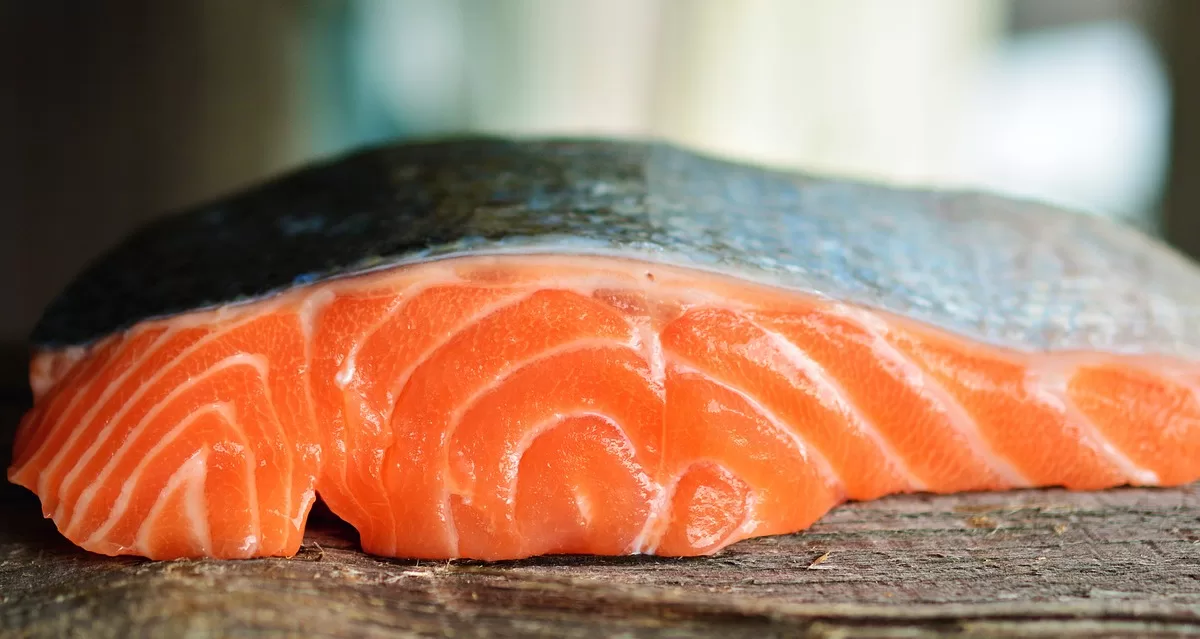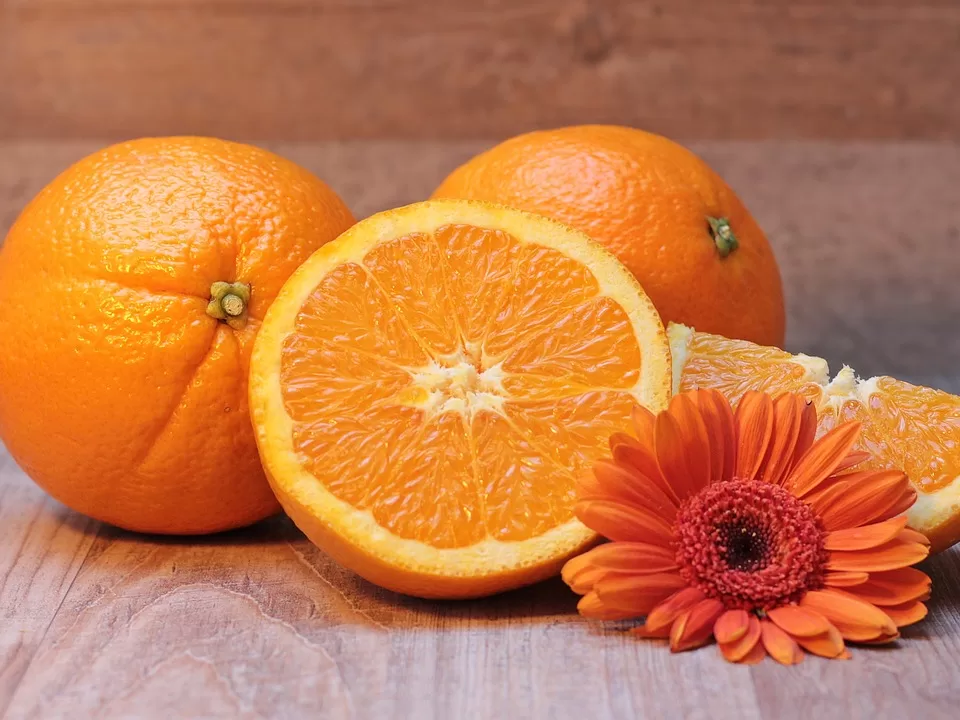- Have any questions
- Info@Ratedtherapy.com
Pescatarian Diet

Time management tips
January 25, 2023A pescatarian diet is a diet that includes fish and other seafood, but excludes meat and poultry. It is similar to a vegetarian diet, but allows for the consumption of fish and other seafood. Some pescatarians also consume dairy and eggs.
A typical daily diet for a pescatarian might include:
- Breakfast: Whole grain toast with avocado and smoked salmon
- Lunch: Grilled fish or seafood with vegetables and quinoa or brown rice
- Dinner: Vegetable and seafood stew, or a pasta dish with seafood
- Snacks: Fresh fruit, nuts, or hummus with veggies
Pescatarians can also enjoy many of the same foods as vegetarians, such as tofu, tempeh, legumes, whole grains, and leafy greens. The key difference is that pescatarians can also eat fish and seafood. It’s important for pescatarians to ensure they are getting enough protein and other essential nutrients, and to include a variety of different types of fish and seafood in their diet.
Here are a few tips for starting a pescatarian diet:
- Gradually transition: If you’re used to eating meat, it’s best to gradually reduce your meat consumption and add more fish and seafood to your diet. This will make the transition easier and less overwhelming.
- Plan your meals: Planning your meals in advance will help you make sure you’re getting enough nutrients and variety in your diet. Try to include a variety of different types of fish and seafood, as well as plant-based foods such as fruits, vegetables, whole grains, and legumes.
- Learn to cook with fish and seafood: Experiment with different types of fish and seafood and learn how to cook them properly. This will make it easier to include them in your diet and make them more appealing.
- Get enough protein: Fish and seafood are good sources of protein, but it’s important to also include other sources of protein in your diet such as tofu, tempeh, legumes, and whole grains.
- Be mindful of mercury levels: Fish and seafood can contain mercury and other toxins, so it’s important to be mindful of the types and quantities of fish and seafood you’re consuming. Fish such as salmon, sardines, and trout are generally considered to be lower in mercury.
- Consider taking supplements: If you are worried about not getting enough of certain nutrients such as omega-3 fatty acids, iron, vitamin B12 and iodine, you may want to consider taking a supplement.



